
BBC News is an international English-language pay television channel owned by BBC Global News Ltd.— a subsidiary of BBC Studios—and operated by the BBC News division of the BBC. The network carries news bulletins, documentaries, and other factual programmes; its programming is based out of studios in London, Washington, D.C., and Singapore. As of April 2023, the channel largely operates as an international feed of the BBC News channel in the UK, sharing the majority of its schedule.
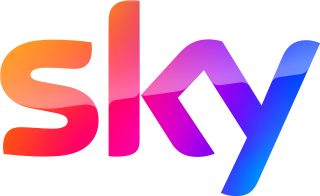
Sky Group Limited is a British media and telecommunications conglomerate, which is a subsidiary of the American conglomerate Comcast, and headquartered in Isleworth. It has operations in the United Kingdom, Ireland, Germany, Austria, Switzerland and Italy. Sky is Europe's largest media company and pay-TV broadcaster by revenue, with 23 million subscribers and more than 31,000 employees as of 2019. The company is primarily involved in satellite television, producing and broadcasting. The current CEO is Dana Strong.
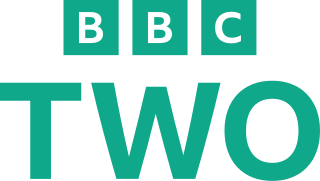
BBC Two is a British free-to-air public broadcast television channel owned and operated by the BBC. It covers a wide range of subject matter, with a remit "to broadcast programmes of depth and substance" in contrast to the more mainstream and popular BBC One.
Regular television broadcasts in the United Kingdom started in 1936 as a public service which was free of advertising, which followed the first demonstration of a transmitted moving image in 1926. Currently, the United Kingdom has a collection of free-to-air, free-to-view and subscription services over a variety of distribution media, through which there are over 480 channels for consumers as well as on-demand content. There are six main channel owners who are responsible for most material viewed.

British Satellite Broadcasting (BSB) was a television company, based in London, that provided direct broadcast satellite television services to the United Kingdom. It started broadcasting on 25 March 1990. The company was merged with Sky Television plc on 2 November 1990 to form British Sky Broadcasting.

KYTV is a British television comedy series about a fictional television station. It ran on BBC2 from 1989 to 1993, and satirised satellite television in the UK at the time.
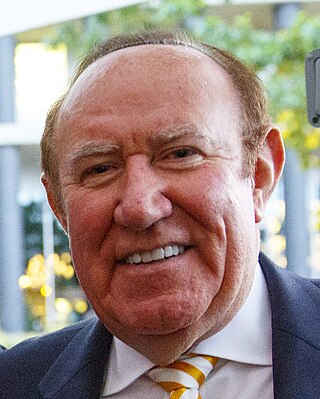
Andrew Ferguson Neil is a Scottish journalist and broadcaster who is chairman of The Spectator. He was editor of The Sunday Times from 1983 to 1994. He has presented various political programmes on the BBC and on Channel 4.
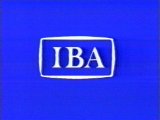
The Independent Broadcasting Authority (IBA) was the regulatory body in the United Kingdom for commercial television – and commercial and independent radio broadcasts. The IBA came into being when the Sound Broadcasting Act 1972 gave the Independent Television Authority responsibility for organising the new Independent Local Radio (ILR) stations. The Independent Television Commission formally replaced the IBA on 1 January 1991 in regulatory terms; however, the authority itself was not officially dissolved until 2003.

Sky Open is a New Zealand free-to-air television network. It airs a varied mix of programming, largely imported from Australia, the United Kingdom and the United States.
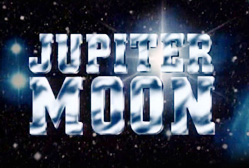
Jupiter Moon is a science fiction soap opera television series first broadcast by British Satellite Broadcasting's Galaxy channel in 1990. 150 episodes were commissioned and made, but only the first 108 were broadcast before the closure of BSB. Episodes 109–150 were first shown in the UK on the Sci Fi Channel in 1996.

The Power Station was a British television channel that was operated by British Satellite Broadcasting. It was a dedicated music channel.
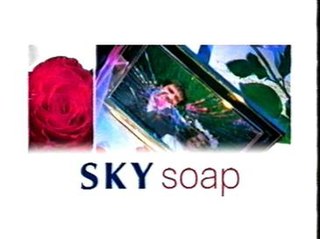
Sky Soap was a British and Irish satellite television channel operated by British Sky Broadcasting devoted to American and British soap operas that include Emmerdale Farm, Take the High Road, Families and Albion Market.
Analogue television in the United Kingdom includes terrestrial, satellite and cable services that were broadcast using analogue television signals. Following the termination of Virgin Media's analogue cable television service in Milton Keynes in November 2013, all television in the United Kingdom is broadcast in digital only.
Sky Arts is a British free-to-air television channel offering 24 hours a day of programmes dedicated to highbrow arts, including theatrical performances, films, documentaries and music. The channel is available in the United Kingdom through Freeview, Freesat, BT TV, Sky, Virgin Media, and TalkTalk TV and in the Republic of Ireland via Sky Ireland, Virgin Media Ireland, Vodafone Ireland and Eir, included in most basic subscription packs, but started life as a premium service requiring an additional payment on top of the monthly Sky subscription. The channel launched on Freeview and Freesat as a free-to-air service in September 2020.
Sky Television plc was a public limited company which operated a nine-channel satellite television service, launched by Rupert Murdoch's News International on 5 February 1989. Sky Television and its rival British Satellite Broadcasting suffered large financial losses, and merged on 2 November 1990 to form British Sky Broadcasting. A programming merger took effect on 1 December 1990.

Galaxy was a short-lived British satellite television channel, owned and operated by British Satellite Broadcasting.
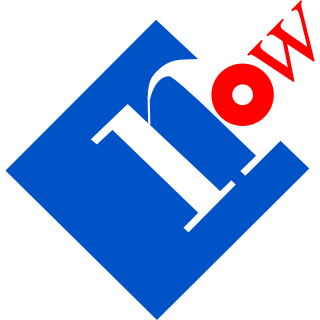
Now was a British television channel transmitted as part of the British Satellite Broadcasting service during 1990.
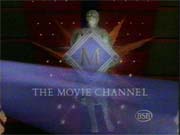
The Movie Channel was a British television service which only aired movies. Launched on British Satellite Broadcasting, The Movie Channel was a predecessor of some of the Sky Movies channels, having survived the 1990 merger with Sky Television, another satellite service launched by Rupert Murdoch's News International.
This is a timeline of the history of Sky Television.
This is a timeline of the history of Sky One and its spin-off channels.














